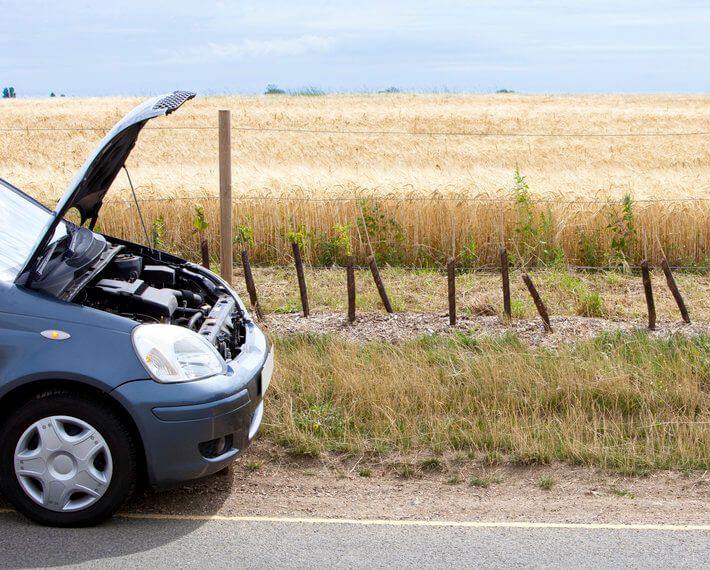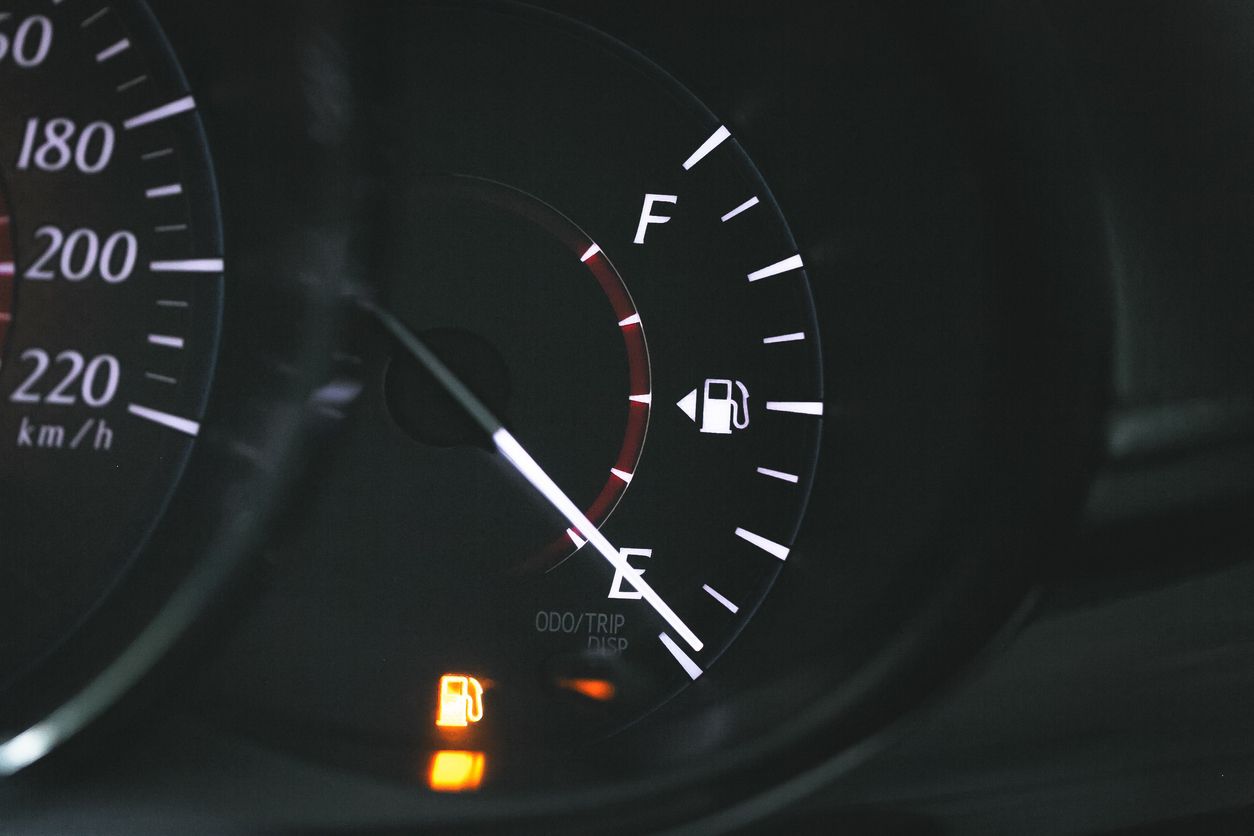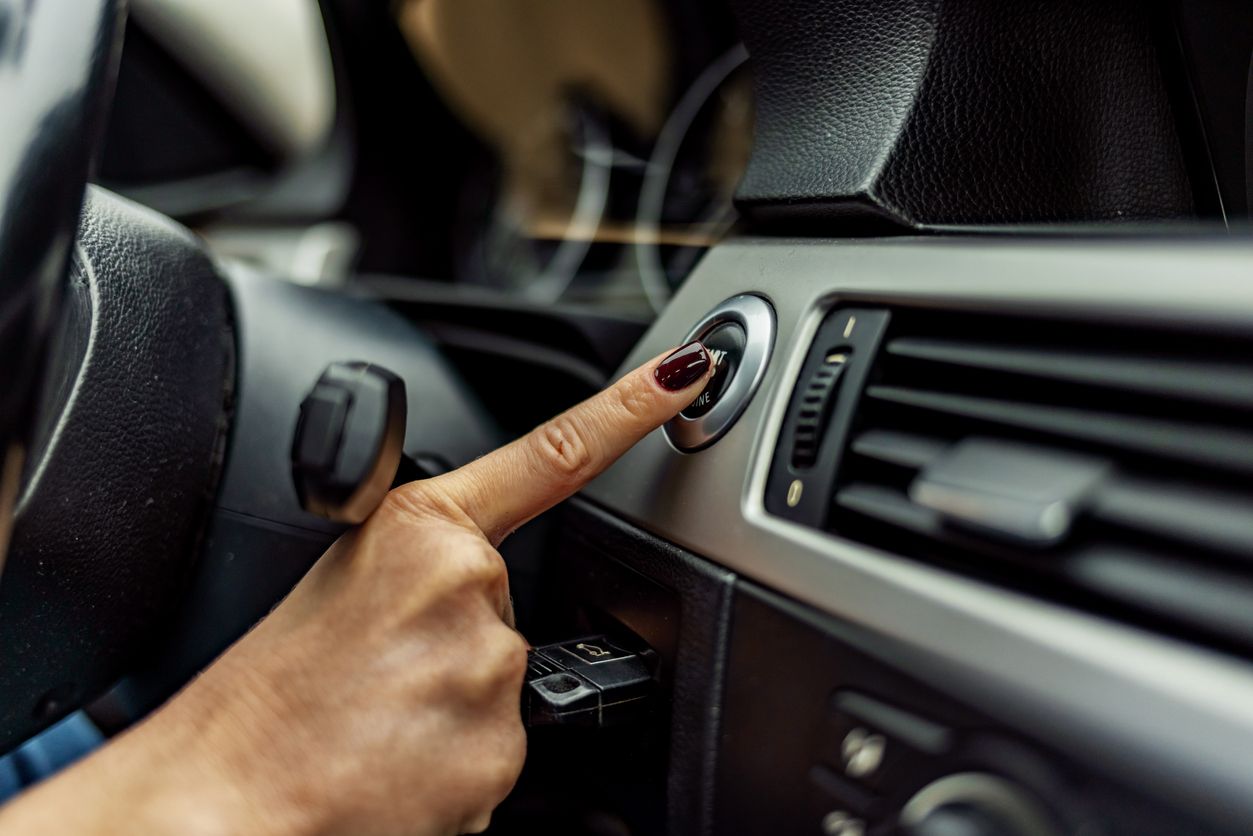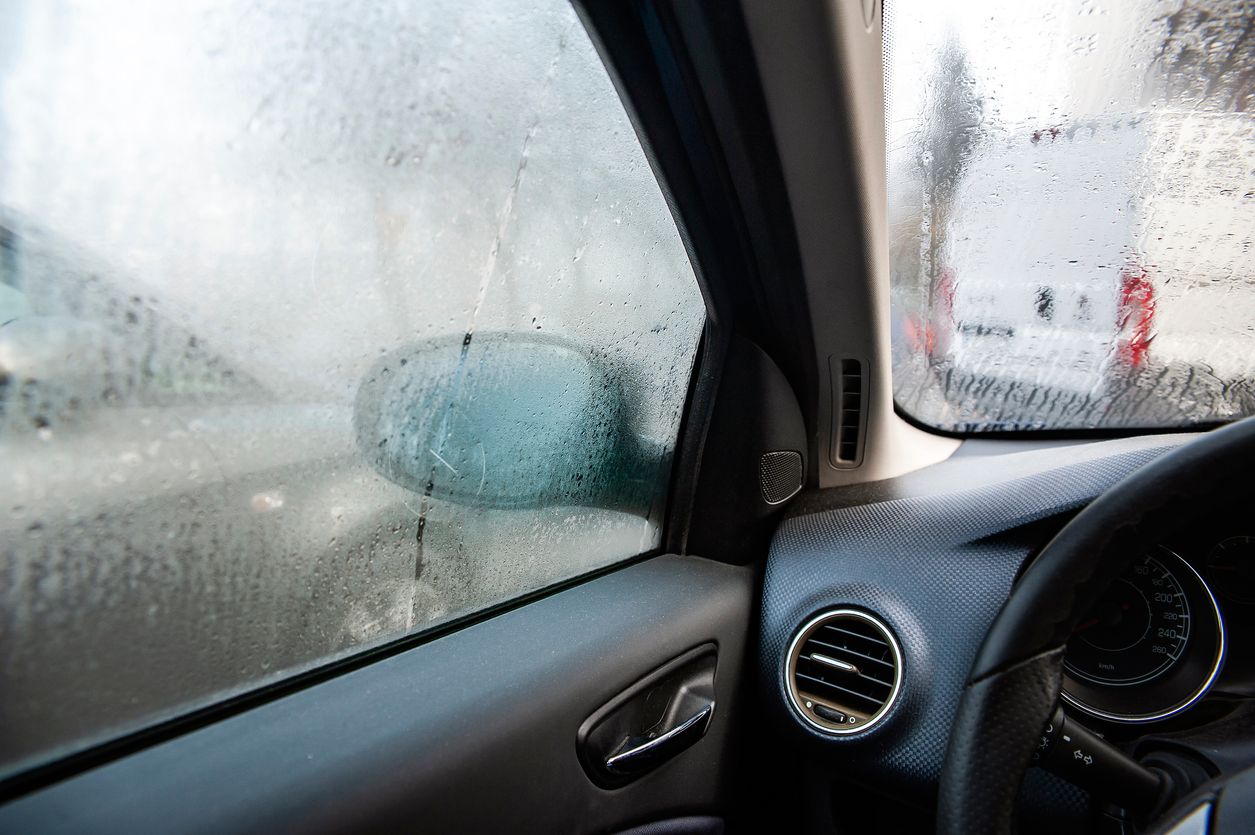If you're unfamiliar with cars and their inner workings, it can be tough to identify issues related to your transmission. Since the system is powered by the engine, you can't necessarily "see"; it the same way you can see your windshield wipers or check your motor oil level. The transmission is one of the most important (and most complicated) parts of your car. Without it, the power from your engine would never reach your wheels. Fortunately, spotting a transmission issue early on could help prevent expensive repairs. Start by learning the basics and watch for these signs of transmission troubles to keep your car running smoother for longer.
WHAT IS A CAR'S TRANSMISSION?
Your transmission is a part of the vehicle that transfers power from your engine to the rest of the drivetrain. Torque is a force that can rotate an object—like a wheel—around an axis or axle. Your transmission turns all the motion in your engine into something that gets and keeps your car moving. Without a functioning transmission, your car won’t drive. To avoid your vehicle becoming an expensive lawn ornament, look for these signs of transmission trouble.
SIGNS OF TRANSMISSION TROUBLE
1. GEARS WON’T SWITCH
If your automatic transmission vehicle won’t shift gears or it struggles to shift, it could be a sign of low or contaminated transmission fluid. Over time, dirt and debris may accumulate in the fluid, which can lead to transmission troubles. Replace or replenish the transmission fluid regularly according to your vehicle's maintenance schedule to support the longevity of the transmission.
2. CHECK ENGINE LIGHT
While this little light could indicate any number of issues under the hood (such as a faulty airflow sensor or worn spark plugs), it could also mean you’re having transmissionissues. Because the check engine light is connected to a network of monitored modules and sensors, it can detect problems before you ever feel or hear them. If you notice your check engine light is on, it's time to take your car to a professional.
3. SLIPPERY GEARS
Slip-and-slide may have been one of your favorite summer activities as a kid, but you may have a problem if your gears are reenacting this childhood classic. One of your transmission's most important jobs is shift timing. When it’s failing to shift at the correct time, you may notice your engine over-revving when shifting up a gear or harsh late downshifts, impeding your ability to control your acceleration and, more importantly, deceleration. Your car may feel like it's struggling to go or isn't accelerating like it normally does.
4. SHAKING AND KICKING
A car is supposed to run smoothly so any type of shaking, jolting, and kicking sensations while shifting gears are usually a sign that something is wrong. With a manual transmission, it could be an unmistakable grinding as you shift gears. With an automatic transmission, gear shifts may become more jarring than you’re used to. Ultimately, any vibrations associated with switching gears will be a sign that your transmission needs a check-up.
5. BURNING SMELL
In general, any type of burning smell coming from your car is cause for concern. Overheated or low transmission fluid could be a potential source of this burning smell. Fresh transmission fluid tends to smell sweet or tart. When that smell turns burnt, your transmission fluid has overheated and is not providing the same level of protection as it should, leading to an increase in friction and wear in the transmission. This type of issue can usually be easily fixed with a transmission fluid exchange. If left unresolved, the transmission could damage itself.
6. NOISY IN NEUTRAL
When your car is in neutral or even accelerating, the transmission shouldn’t be making any major racket. If you’re hearing grinds, bumps, or any noise you would classify as "unusual" you may have a transmission problem brewing. The source of the issue could be something simple, like low transmission fluid, or something major, such as failed shift solenoid. Moral of the story? Weird noises and unusual operation means it may be time to get your transmission checked out.
7. LEAKY FLUID
Fluid shouldn't be visibly leaking from your vehicle. Any sort of leak may be a sign that something's up. Automatic transmission fluid is typically red and should have a somewhat sweet smell. A leak signals an issue somewhere in your transmission, worn seals or gaskets, a damaged transmission cooler hose, or damaged transmission pan to name a few examples.
8. TRICKY TRANSITIONS
Your car’s gears are constantly shifting as you accelerate and slow down. Strange surges of power or grinding noises during gear shifts could mean your transmission is troubled. If it feels like your car’s being pulled by a jumping bungee cord instead of traveling smoothly, get things checked out. Slipping, grinding, or jumping during acceleration when the car is shifting gears could signal transmission problems.
BAD TRANSMISSION FAQS
What happens if the transmission goes out?
There are many signs that your transmission is struggling and needs to be serviced. If the signs are ignored, and the vehicle is still driven, the transmission may fail. That means the power from your engine won't be properly transferred to the rest of the drivetrain, and your car could idle, stall or surge when attempting to accelerate. Basically, your vehicle will not move. At this point, you may need extensive repairs or even a whole new transmission.
Can you drive with a bad transmission?
While you might be able to drive with some of the bad transmission symptoms above, we don’t recommend it. The longer you ignore transmission problems, the more likely the transmission will incur more damage. Not only can driving with a bad transmission lead to the need for costly repairs, but it can also be dangerous to drive a vehicle that could fail at any moment.
How can I help my transmission last longer?
Regular preventative maintenance is the key to ensuring your transmission lasts as long as possible. Make sure to keep transmission fluid filled to the appropriate level with the correct fluid and keep an eye out for any of the signs listed above. The earlier you have a problem taken care of, the better off your transmission will be in the long run.
A small transmission problem could turn into a big breakdown if left unresolved. Don't wait until it's too late to make sure your transmission is in tip-top shape. At Firestone Complete Auto Care, our technicians don't bat an eye at transmission problems! Schedule an engine repair appointment online today and trust one of your vehicle's most important components to our experienced technicians. No trouble is too tough for your local Firestone Complete Auto Care to tackle.



